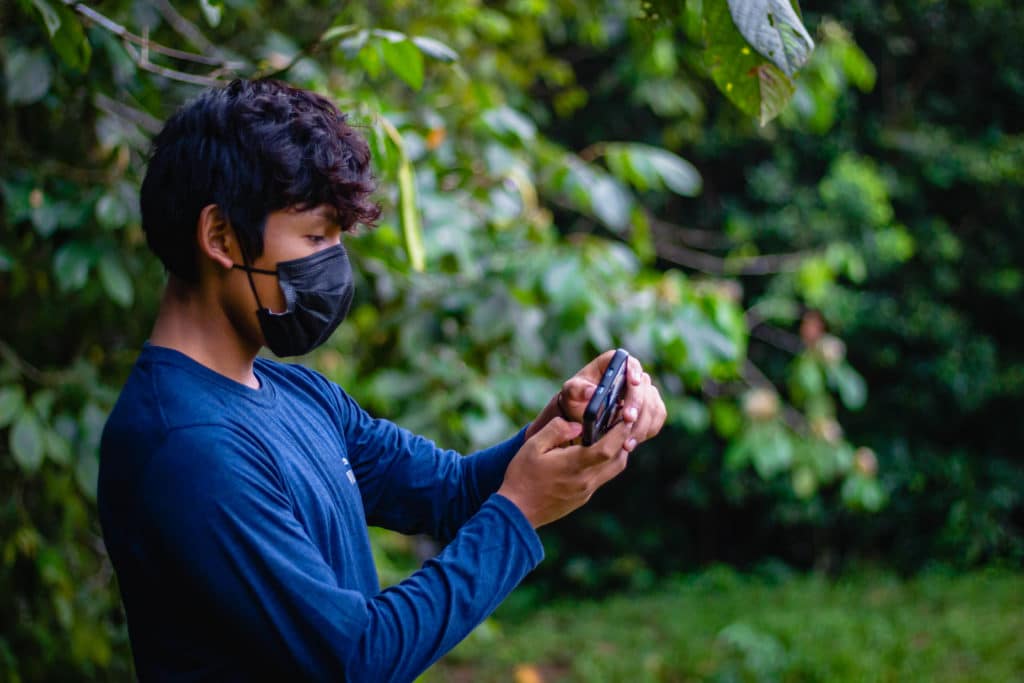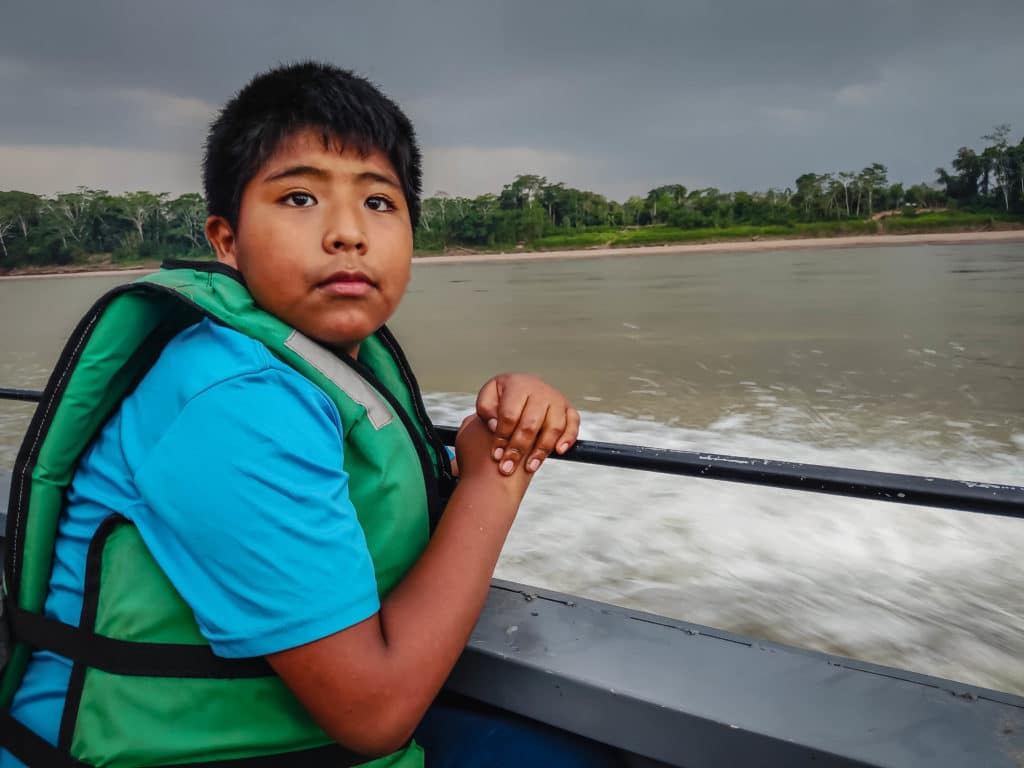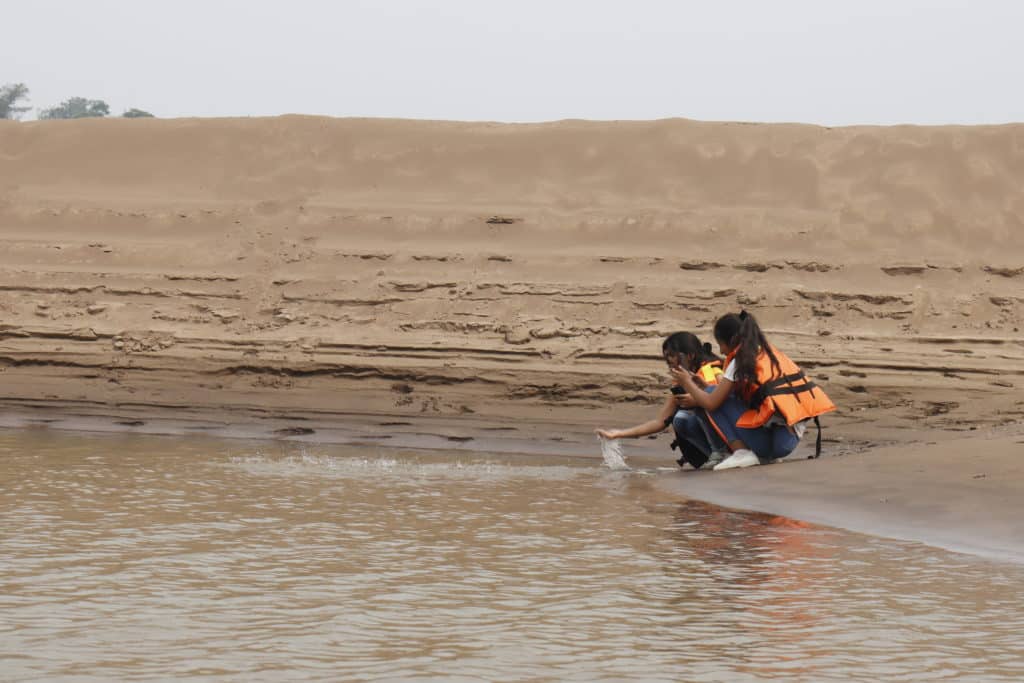The right to a healthy, safe, clean and sustainable environment was recognised in July 2022 as a full human right by the 161 Member States of the United Nations General Assembly. This was a long-awaited recognition, as the interdependence between human rights and the environment is widely acknowledged. Despite this political breakthrough, the realities of climate change and environmental degradation put children and the respect of their rights at risk every day.

Our planet is facing an unprecedented crisis, with huge challenges for future and current generations. According to the World Health Organisation (WHO) and its report: “Don’t pollute my future! The Environmental Impact on Child Health”, more than 1.5 million children lose their lives each year due to preventable environmental impacts, 2 billion breathe dirty air, 160 million children live in drought-prone areas. The picture is overwhelming. Paradoxically, this generation is in no way responsible for the degradation of our environment. They will continue to suffer the consequences as adults if no commitment is made to sustainable living, if the call for urgent climate action, so strongly supported by children and young people themselves, is not taken seriously. For Anahy Gajardo, specialist in Education for Sustainable Development (ESD) at Terre des Hommes Switzerland: “We have a responsibility towards the next generation. The survival of the planet and the respect of the human rights of children and young people is today in danger. We must act for a more united, inclusive and equitable world while putting the preservation of the planet at the heart of our concerns and actions. In this respect, education is a fundamental means of learning to live together in solidarity and within the limits of the planet. ”
Children's rights at risk
While progress has been made on children’s rights and their realisation in recent years, climate change is jeopardising this progress. Moreover, in addition to being subjects of rights that must be consulted, children and young people are also actors in their own right, who want and must actively participate in building a more sustainable, equitable and liveable world. It is necessary to support and accompany them in this process, which is also an apprenticeship in citizenship.

The correlation between climate change, environmental degradation and children’s rights is now recognised. Malnutrition, water-borne diseases, population displacement… the list of adverse effects of climate change is long. Each of these consequences compromises a specific right of the child: the right to life, to drinking water, to decent housing, to education, to protection against exploitation, violence and abuse, to health and to food.
Droit à un environnement sain et durable : le temps d’agir
The right to a healthy, safe and sustainable environment has recently been recognised by the United Nations as a human right. However, without concrete and immediate measures to guarantee the stability of the biosphere (control of the climate crisis, protection of biodiversity, preservation of waters, limitation of pollution, etc.) and to promote environmental and social justice, this right will remain in vain. Another important condition for meeting these challenges is to ensure that children and young people are involved and consulted on these issues that concern them most. According to Anahy Gajardo: “The right to a healthy and sustainable environment cannot be separated from the rights of the child. It is for this reason that the UN Committee on the Rights of the Child launched a consultation process in 2021, involving children and young people from several countries and networks, with a view to adopting a General Comment on children’s rights and the environment, with a particular focus on climate change. This General Comment No. 26 aims to recommend that States implement all necessary actions to protect the environment, for the benefit of, for and with children, and for all future generations. ”


